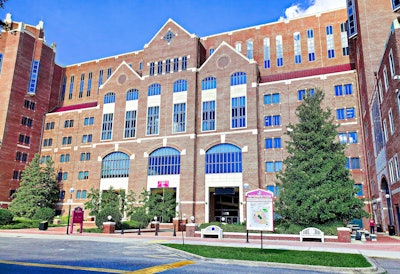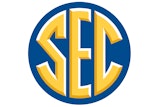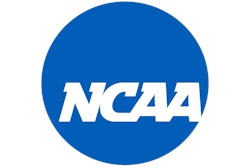
Florida’s public universities can use up to $22.5 million a year from campus auxilliary programs to compensate student-athletes under an emergency rule approved by a state board Wednesday.
As reported by The Associated Press, the rule change is effective immediately and comes ahead of a landmark legal settlement allowing schools to pay their players through licensing deals. The $2.8 billion antitrust settlement, which goes into effect July 1, "has sent universities across the country scrambling for new revenue streams in the hopes of gaining an edge — or at least keeping pace — in the rapidly evolving and highly competitive field of college athletics," the AP's Kate Payne wrote.
Public universities in Florida will now be able to dip into the funding reserves of campus auxiliary programs such as bookstores, food service, student housing and parking in order to cut checks to student-athletes. Under the policy approved Wednesday, the funds can be issued as a transfer or a loan, Payne reported.
“Athletic departments are already currently recruiting student-athletes for fall 2025, and they need clarity on the available funding to retain and recruit the best talent for their rosters,” said Alan Levine, vice chair of the board of governors, which oversees Florida’s state universities. “If the universities cannot react to the settlement immediately, there will be irreparable harm to the athletic programs and to the financial welfare of our institutions.”
Florida’s emergency rule will last 90 days, at which point the board of governors can reassess the issue.
"Other schools are also taking actions because of deficits in their athletic departments. Last week, University of Kentucky trustees approved a $31 million operating loan for the athletics department as it begins making direct payments to athletes," Payne wrote. "Meanwhile, Louisiana is poised to hike taxes on sports betting to pump more than $24 million into athletic departments. And Arkansas this year became the first to waive state income taxes on payments made to athletes by higher education institutions."





































